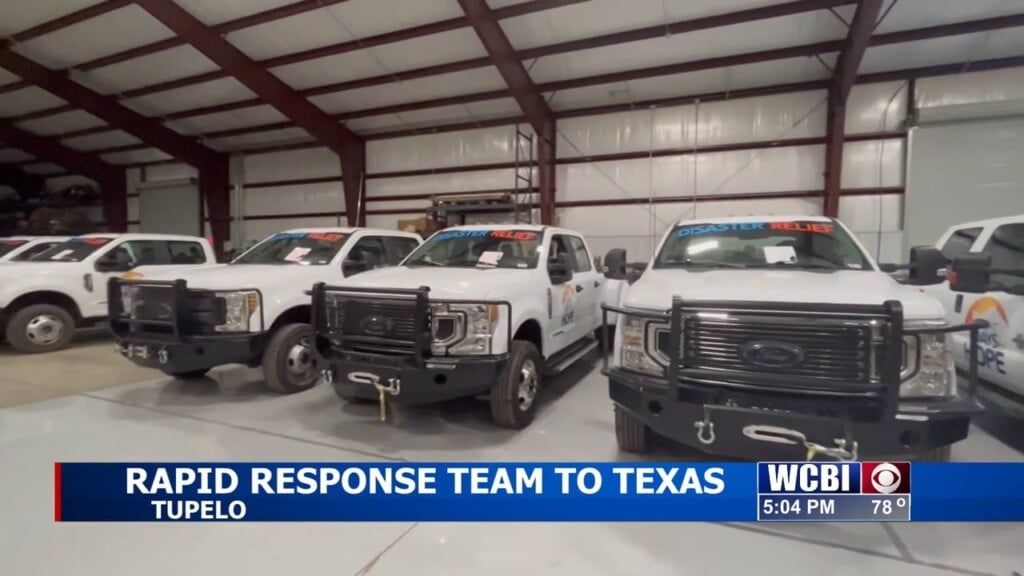Early College High School Picks First Class
JACKSON, Miss. – Sixty-two students from around Clay, Lowndes, Noxubee and Oktibbeha counties have been selected to be part of a new regional high school’s inaugural class.
The Golden Triangle Early College High School (GTECHS) – a partnership of the Mississippi Department of Education, East Mississippi Community College and Mississippi State University – will provide opportunities for students to earn college credit while earning a high school diploma at the same time.
“Early college high schools give students who may otherwise not have had the chance to attend college an opportunity to earn college credit for transfer to a four-year school or toward a career goal,” said Jean Massey, associate superintendent at MDE.
Every 8th grade student in the four-county area was eligible to apply, but the target audience included students who are first-generation college students and those likely to need additional support to be successful in college, such as academic or financial assistance.
Forty-eight percent of the accepted applicants are first-generation college-going students. Sixty-nine percent of students accepted are from homes with an annual household income of less than $39,000.
Administrators from Columbus, Lowndes, Noxubee, Starkville-Oktibbeha and West Point school districts; representatives from EMCC, MDE and MSU; and stakeholders from local industries, including Weyerhaeuser, Cadence Bank and Aurora Flight Sciences, have been working together to bring the project to fruition.
Mississippi’s college attainment rate lags the national average, but there are a number of efforts underway to close this gap, according to Julie Jordan, director of the Research and Curriculum Unit at MSU.
“We believe the Golden Triangle Early College High School is going to be another tool to help more Mississippi students move successfully from high school to college and into the workforce,” Jordan said.
MDE has been working with North Carolina New Schools, which has 10 years of experience in implementing early college high schools. North Carolina has 70 early college high schools. Through a grant, the organization provides professional development and consultation to MDE at no cost.
The multi-part selection process for GTECHS started in February with a series of meetings with school officials, parents and students. That led to soliciting applications, interviews with qualified applicants, and then a lottery to fill the 60 available slots in the cohort. Two students were added because they are qualified siblings of accepted students, but they were not chosen in the lottery. Evaluation of state test scores, grades, written application questions, and a student interview were used to determine if an applicant was qualified.
The names of students meeting the minimum entrance requirements and the number of allocated seats for each school were sent to the SERVE Center at the University of North Carolina at Greensboro for randomized student selection. The SERVE Center provides development, dissemination, evaluation and technical assistance to educators and policymakers designed to improve education.
Seats were allocated based on individual school enrollment. Applications were submitted from Columbus, Caledonia, New Hope, West Lowndes, Noxubee, Starkville/Oktibbeha and West Point.
The invited group of students is comprised of 19 male students (30.6%), and 43 females (69.4%). Forty-two students are African American (67.7%), 19 (30.6%) are white, and one is mixed-race (1.6%).
Students received notification letters this week, and have two weeks to accept or decline. Any vacant seats after the two-week period will be filled from a waiting list of qualified applicants.
The Golden Triangle Early College High School will be located at EMCC’s Golden Triangle campus. Funding sources include the Mississippi Adequate Education Program, MDE allocations and additional grant funding.
Jill Savely, former principal at Columbus High School, has been named principal of GTECHS.
“The early college high schools in North Carolina have higher graduation rates than traditional high schools and students show improved grades and test scores,” Savely said. “These schools give students the opportunity to demonstrate they can do college level work. I’m really looking forward to working with our first class this fall.”
For more information about GTECHS, visit http://www.eastms.edu/students/academics/echs





Leave a Reply